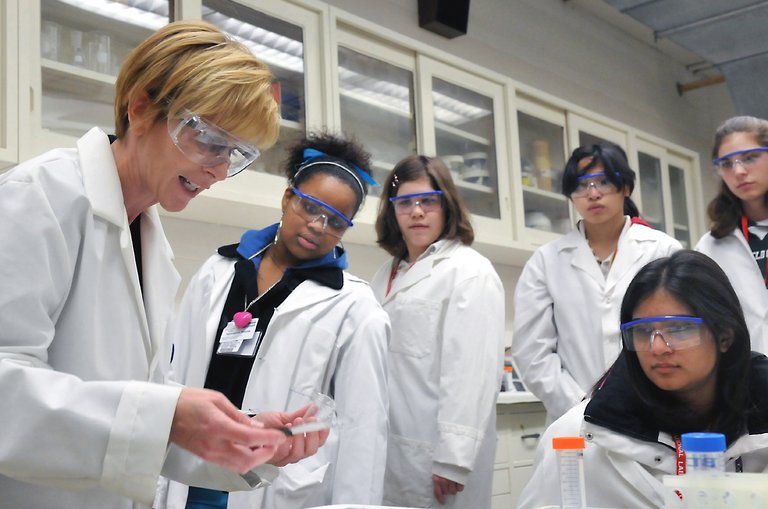Great difference between scientists and citizens in opinions on scientific topics

The opinions of scientists and citizens on scientific issues do not coincide, according to a survey conducted in the United States. The study, carried out by the Pew Research Center, in collaboration with the Scientific Association AAAS, has revealed the great difference between the points of view of each other.
Thirteen issues have been asked, with a particularly significant difference in the consumption of genetically modified foods: 88% of the scientists consulted consider that eating transgenic foods is safe, while only 37% of the population thinks the same.
There is also a notable difference in opinions on the use of animals in research or on the safety of food cultivated with pesticides: in the first case, 89% of scientists and 47% of the population are favorable; and in the case of pesticides, 68% of scientists believe that this food is safe, but only 28% of the population agrees with them.
Human co-responsibility in climate change is also distributed: 87% of scientists believe it is mainly due to our activity, but half of the population does not agree with it.
However, the difference is not always in the same direction, but sometimes citizens have given more support to an idea than scientists. This has happened, for example, with the opinion they have on the realization of oil surveys in the sea (citizens are more favorable than scientists with a 20% difference) and by claiming that astronauts are indispensable in the future of space projects (with a 12% difference).
However, everyone considers that investment in science and technology is beneficial to the progress and society of the country, although they have shown more pessimistic than in the previous survey (2009).
Buletina
Bidali zure helbide elektronikoa eta jaso asteroko buletina zure sarrera-ontzian











